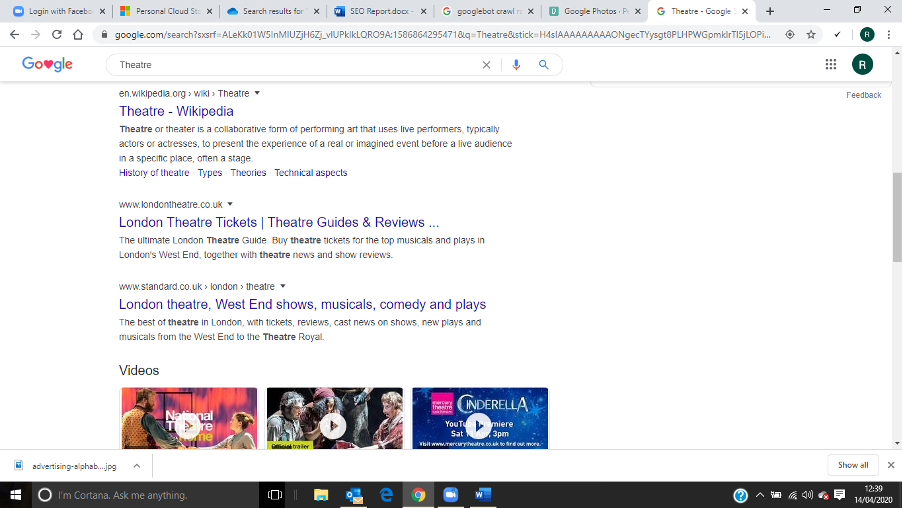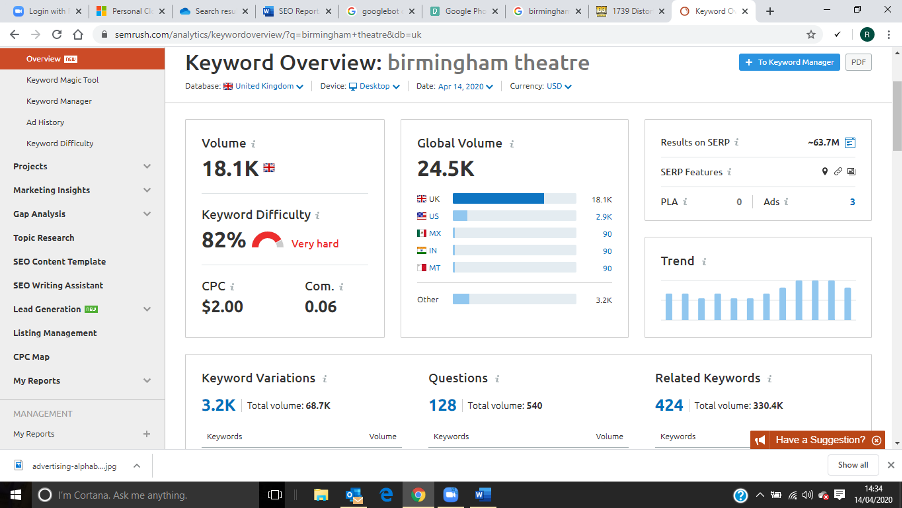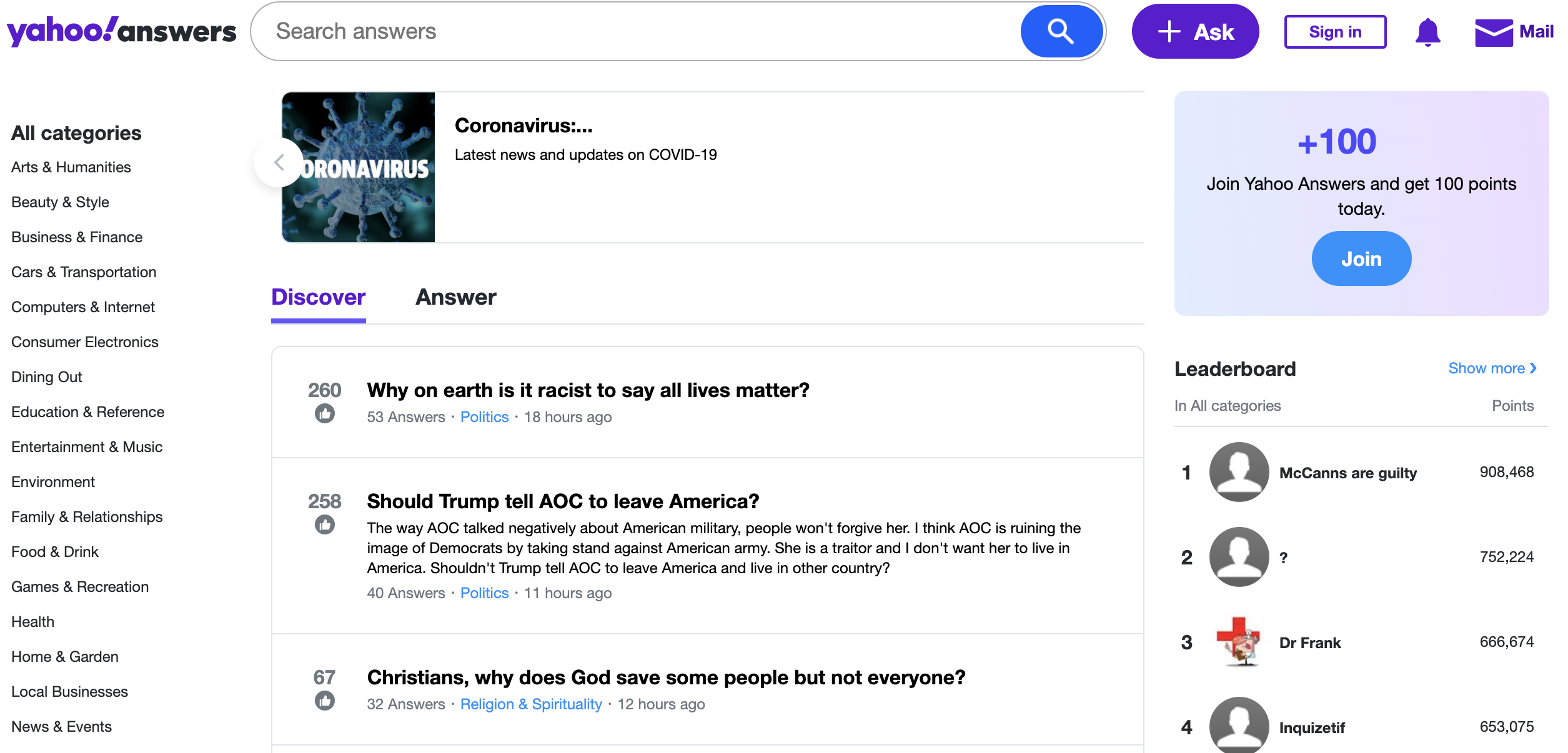Here at The Arts Business we offer SEO Consultancy in which we create an SEO strategy specific to your business, analysing the pages of your website and those of your competitors with an action plan of exactly how to go about it improving your Search Engine Optimisation. To learn more, click here.
But we are primarily educators and are firm believers that you should be able to do it yourself.
We have written a list of ways that you can boost your SEO!
Trust us, it’s really easy to do once you know how.
Just follow our instructions, without all the boring jargon!
What does SEO mean?
Let’s start with the basics. SEO stands for Search Engine Optimisation. This, in a nutshell, is devising a plan to improve your ranking on Google’s Search Engine (or Bing, or Yahoo… or Ask Jeeves if you’re stuck in the noughties).
Google have bots that crawl through your website’s code and assess exactly what they think you should rank for and where. I like to think of these as little bookworms who dig their way around your pages reading your content and then filing you into the appropriate place to help potential customers find you.
And there is plenty of stuff you can do to encourage this filing system to play into your favour. You want to get yourself filed at the front of that top drawer instead of falling behind the cabinet with little chance of being found until you next redecorate.
February is usually a pretty quiet time for the Creative Industries, so why not start a bit of early spring cleaning and scrub up your website so it’s working for you in the years to come.
But how? I hear you cry!
All you have to do is remember the 3 Rs! (No not reading, writing and arithmetic):
STEP 1: RESEARCH
STEP 2: REFINE
STEP 3: REACH OUT
Over the next few months The Arts Business will be looking at each step in detail (with Step 2 being published in 2 sections) starting right here, right now:

STEP ONE: RESEARCH
Starting with Keyword and Keyphrase Research.
KEYWORD & KEYPHRASE RESEARCH
I’m gonna throw a lot of terms at you but DON’T PANIC! I’ll break it all down. Keywords are simply the individual words you want your business to rank for on Google and Keyphrases (you’ve probably guessed by now) are the phrases you want to rank for! See, Simples!
It’s important to be strategic about this. For example, if you’re a small fringe theatre, like The Old Joint Stock Theatre in Birmingham, the first Keyword you think of might be ‘Theatre’. Easy right? Well not quite. Yes, you will obviously want to rank for theatre, but you need to think about what competition you will up against in order to rank on that first page of Google.

Without taking location into account, after the latest news and paid ads, the first three hits are: Wikipedia; London Theatre Tickets and The Standard Newspaper Reviews of the West End.
That is some strong competition you’re contending with and that’s only the first three hits! Realistically, if you’re a small fringe theatre, you’re not moving in the same circle, nor do you want to.
So, specify!
Maybe instead you pick the Keyphrase ‘Birmingham Theatre’. Even then you’re in competition with reviewers, other bigger scale theatres in Birmingham and ticket sites.
If you were to get a little more specific again you’d opt for the Keyphrase ‘Birmingham Fringe Theatre’ and boom, you’re on the first page of Google! Well done Old Joint Stock Theatre!
Once you have settled on a Keyword or Keyphrase you want to ensure that people are actually typing that phrase into google and hitting enter! There are websites that can help you with that. I like to use SEMRush. It’s a subscription service but has a limited number of free searches for Keywords or Keyphrases you can do daily if you create an account.
Coincidentally, SEMrush is also our App of the Month.
As you can see I have searched for the Keyphrase ‘Birmingham Theatres’ on SEMrush.

There is loads we can learn from this report:
- Volume is simply the number of people who have used this particular search.
- What country they were in is represented by that countries flag.
- Under volume you will see Keyword Difficulty which roughly translated is how hard it would be to rank highly on Google for this phrase, 1% being not tricky at all 100% being nigh-on impossible.
- We can also see if that phrase is currently trending and in what month people are most likely to search of it.
If you opt to pay for SEMrush, or choose to take advantage of their free trial when devising your SEO Report, you can also use this to see how your rivals are ranking for your keywords and keyphrases, what their content includes and what their average page word counts are and what back links they include. This can be really helpful in acting as a guideline for your website.
Of course, if you don’t want to pay for SEMrush you could do this research through Google and trawling through your competitors website. It will take a little longer this way but if they’re ranking highly on Google for your keywords and keyphrases you’ll want to find out why so it can act as a blueprint for your own website.
You don’t want to overwhelm yourself with your SEO Report, especially when doing your own report for the first time. My advice is to focus on 2-3 keyphrases initially. If you reckon you can deal with more, go for it! But whatever you business, however large, I would recommend you keep it between 5 to 10 keywords and phrases.
Once you’ve decided on these you’re gonna want to find up to 20 words to use in copy which will assist you in ranking for your keyphrases. In basic terms these are the words you’ll want to use as much as you can in your content in order to boost your search engine visibility.
SEMrush also has suggestions for this dependent on your keyphrases, but these are basically words by association. You wanna rank for theatre? In the list you may put words like; entertainment, audience, drama, plays, acting, improvisation, etc.
GOOGLE RESEARCH
Of course, finding your own rankings can be time consuming so I suggest that if you are any further than page 10 assume no one is ever going to find you and get moving with your strategy.
Whilst you’re doing your Google research, you’re also going to want to check out how you look in Google:

The text in purple/blue is the title of the page, also known as your metatag or title tag. Whatever software you’ve used to build your website you can alter this pretty easily to say whatever you want. Simple things like capitalisation of letters and punctuation can make your website more appealing to click on. I like to use hyphens (-) or the straight line thingy (|) to separate out the information. This is also what you will see in your browser tabs.
The summary is just below the Metatag. When composing this, bear in mind you’re working with about 40 characters so make sure its concise and to the point.
QUESTION SITES
Another great place to do research is on websites like Yahoo Answers, Quora or Reddit. Just search for your specialist area (whether it be theatre, art, museums, galleries) and read through the questions that have been posed on these sites. You’ll get an idea of the types of subjects your Target Audience wants to know the answers to and you can use this to give you content creation ideas.

And there you have it, your research phase!
Next month we’ll teach you how to take all of your research and use it implement changes in order to optimise your website.
In the meantime if you have any questions or want use to create an SEO plan for you? Contact us or leave a message in the comments.

